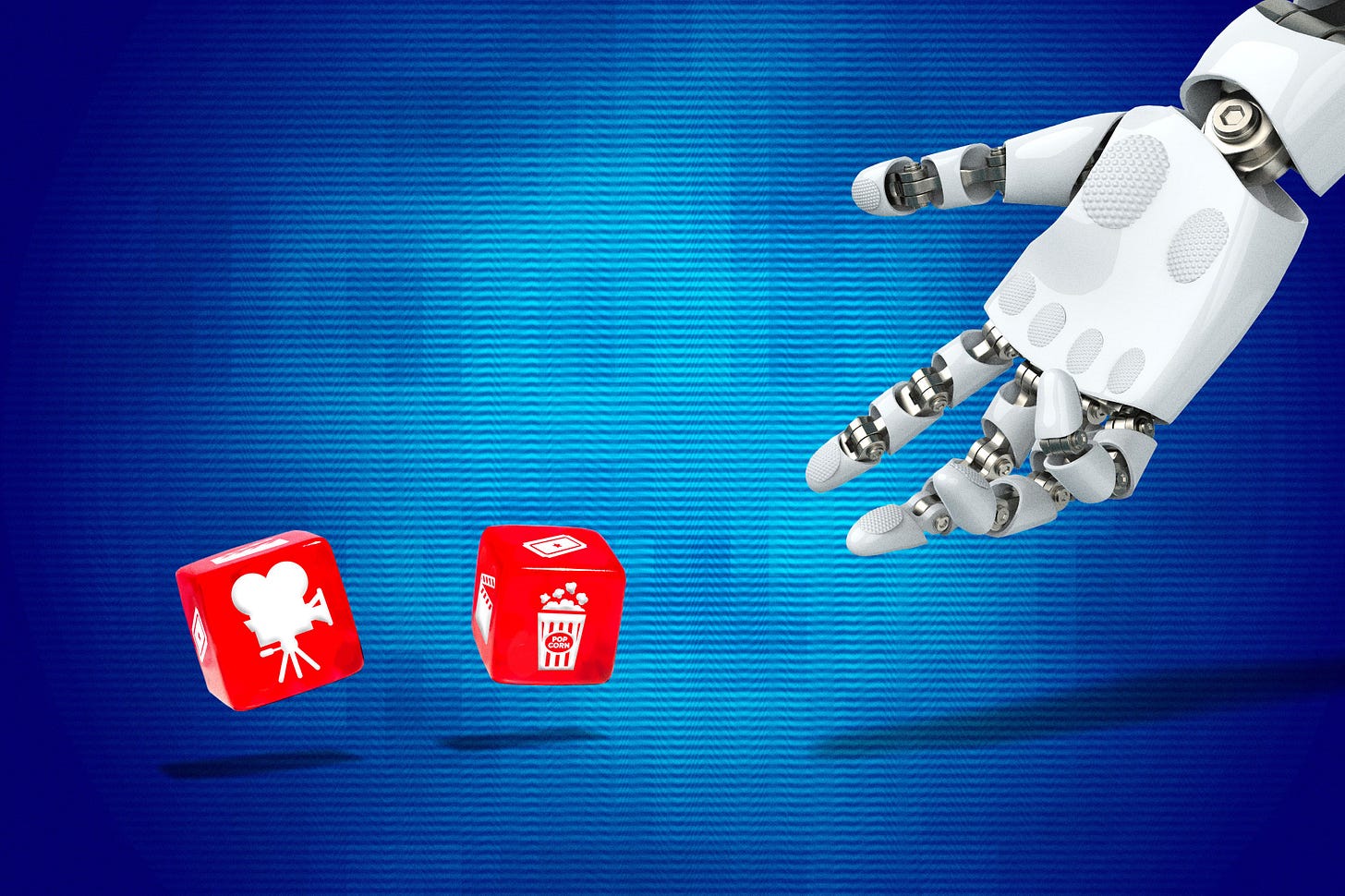I write every other Tue. for paid subscribers and recently reported on Cursor, the app that could supercharge A24; the Chinese AI that should scare you; and why OpenAI’s Ghiblification moment should be a wake-up call for Hollywood.
Somewhere between your uncle turning himself into a Sesame Street character on Midjourney and a million Sora-generated Ghibli tributes clogging your feed, the idea was born: What if AI could actually make a whole animated film?
Not just posters, not just stills, not just TikToks where Legolas and Frodo become K-pop idols, but full-fledged movies.
Enter a raft of AI studios with pipelines mixing and matching various character generators, text-to-video platforms and sound synching abilities acting like they’re ready to eat Pixar’s lunch. They can Disney-fy a cottage, Illumination-ize a crying baby, and conjure DreamWorks characters with lower costs than a single scene from Wild Robot.
And the assumption — whispered by venture capitalists and founders who talk clandestinely about disruption — is this: Traditional Hollywood studios will want to buy AI-generated animated films because the economics will be far superior to anything in their current arsenal. Sure, this would push us away from frame-by-frame curation and carefully considered characters, but during a time in which the industry seems enveloped by a dark haze of self-loathing and retreating confidence, surely studios will buy films that resemble $100 million spin-offs of billion-dollar franchises, which happen to cost $5 million (and a few Red Bulls) to make.
The economics, they say, will be too good to resist.
Consider me not fully convinced. The avarice of Hollywood can lead to cost-cutting and the dramatic pumping of bad content in the name of a quick dollar, but the studios are notoriously slow in adopting any new approach to movie-making that undermines decades of their own carefully crafted IP.
And by IP, I mean the sacred texts: Star Wars, Harry Potter, Toy Story, Frozen and whatever the MCU is doing this decade. The Avengers may have survived Thanos, but they won’t survive being reanimated by Midjourney and voiced by ElevenLabs, and I have a hard time believing that the studios will be complicit in buying content that’s been trained — without permission — off of their own characters.
In this week’s newsletter:
-
Behind the curtain of AI-native studios like Promise and GRAiL — how they’re building full-stack production pipelines and who’s betting on them
-
The legal and ethical landmines of training AI models on copyrighted material that are keeping Hollywood attorneys up at night
-
Why studios aren’t ready to buy AI-generated films. even as they quietly build their own internal tools
-
What YouTube’s rocky early days can teach us about AI content’s path to mainstream acceptance
-
The uncomfortable truth: Stunning, low-cost AI films may still have no market
-
Where things are headed, with studios embracing AI behind the scenes, and indie creators pushing the envelope in public
This column is for paid subscribers only. Interested in a group sub for your team or company? Click here.
For full access and to continue reading all Ankler content, paid subscribers can click here.




